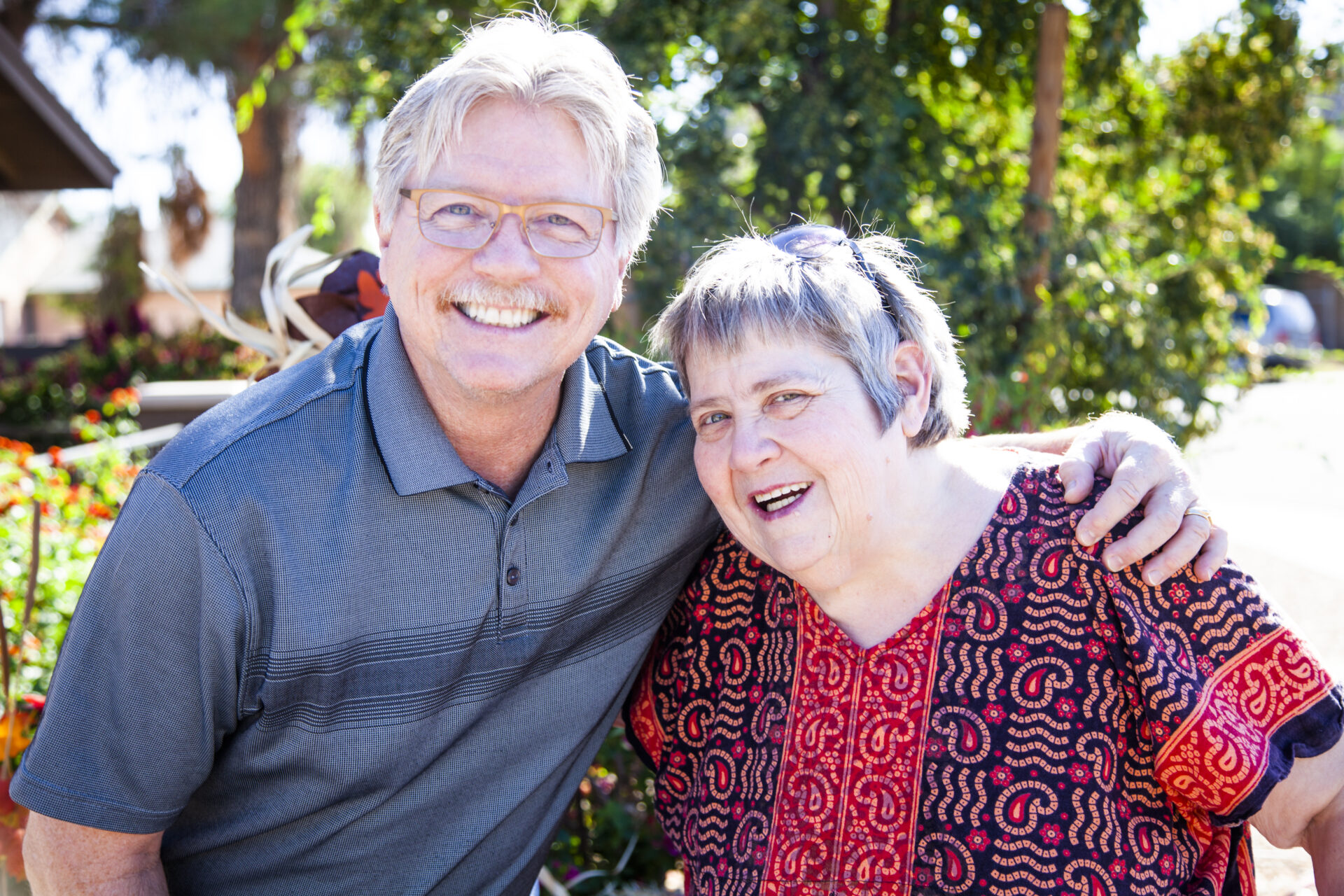Six things you must know about Behavioral Care in Assisted Living
- A facility who offers behavioral care needs a structured program to help those who have a mental health diagnosis know what is expected of them. Having a structured program is predictable and comforting and helps residents excel.
- Behavioral Care has staff that is trained for mental health needs, knowing the residents’ rights and making sure those rights are respected and encouraging. Making sure each employee receives behavior training is an important part in continuity of care.
- Positive reinforcement in behavioral care is vital. When the resident has a say in how the treatment plan is developed, there is more acceptance to the plan. The resident is motivated to achieve the objective as opposed to being motivated to reject it because their opinions weren’t considered.
- Activities are very important piece to behavioral care. Having a busy schedule and things to do is critical for mental health stability. Keeping a mind occupied and having opportunities to engage. It is extremely healthy for residents who suffer from mental health related illnesses.
- Exercise improves mental health by reducing anxiety, depression and negative mood and by improving self-esteem and cognitive function. Health benefits from regular exercise include the following:
- Improved sleep
- Better endurance
- Stress relief
- Improvement in mood
- Increased energy and stamina
- Reduced tiredness and can increase mental alertness
- Weight reduction
- Reduced cholesterol and improved cardiovascular fitness.
6. Mental stability is key to a better quality of life. A facility that is over seen by a Psychiatric Mental Health Nurse Practitioner (PMHNP) is essential. This is the individual who manages all mental health medications and prescribes those medications as needed. Instead of needing to leave the community to visit a mental health clinic, the resident can see the practitioner on site and have their medications or other concerns addressed immediately. It cuts down on hospital and clinic visits, so the residents can focus on other things.









